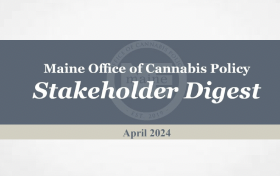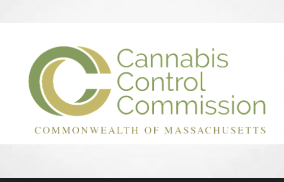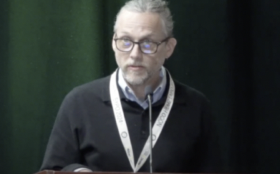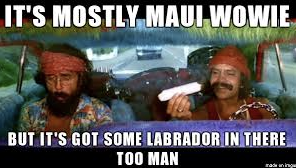Published Prior To SC Decision – 23 February 2022
Two Minnesota workers’ compensation cases have been elevated to the Supreme Court of the United States, that may determine the outcome of controversy over conflicting state and federal law on the use of medical cannabis in workers’ compensation claims.
The Minnesota Supreme Court ruled late last year that both workers comp claims were invalid because of marijuana’s Schedule I status under the federal Controlled Substances Act.
In the first case, Susan Musta filed a petition with the U.S. Supreme Court in November after her state’s highest court determined that the CSA did, indeed, mean her employer did not need to provide reimbursement for medical cannabis after she was injured at her place of work, a dental center. Her case before SCOTUS is Susan K. Musta, Petitioner v.Mendota Heights Dental Center, et al. (No. 21-676).
And the Minnesota Supreme Court made the same judgment in another case where Daniel Bierbach was injured at his job working for an all-terrain vehicle company and sought compensation for medical marijuana. His case is Daniel Bierbach, Petitioner v. Digger’s Polaris, et al. (No. 21-998).
The issue presented in both cases is whether the Controlled Substances Act preempts an order under a state workers’ compensation law requiring an employer to reimburse an injured employee for the cost of medical marijuana used to treat a work-related injury.
Filings in both cases were distributed on February 2 for a Supreme Court conference that was scheduled on February 18. The justices are now seeking input on the issue from the Biden administration, as the February 22, 2022 entry on the both dockets reads “The Solicitor General is invited to file a brief in this case expressing the views of the United States.”
Congress recently has prohibited the U. S. Department of Justice from impeding state medical marijuana programs. Specifically, in appropriations bills since 2014, Congress consistently has barred DOJ from expending funds to “prevent” States “from implementing their own laws that authorize the use, distribution, possession, or cultivation of medical marijuana.” E.g., Consolidated Appropriations Ac t, 2021, Pub. L. No. 116- 260, § 531, 134 Stat. 1182, 1282-83 (2020) (App. 109a).
Minnesota authorized the use of marijuana for medical purposes in 2014 with the Medical Cannabis Therapeutic Research Act. Under the Cannabis Act, the Minnesota Department of Health administers a program that permits certain registered patients to possess marijuana for medical purposes.
The Minnesota Supreme Court reasoned in both cases that the CSA preempted an order obligating an employer to reimburse an employee for the cost of medical cannabis because compliance with that order would expose the employer to criminal liability under federal law for aiding and abetting unlawful possession of cannabis.
State supreme courts are divided on whether the CSA preempts an order under a state workers’ compensation law requiring an employer to reimburse an injured employee for the cost of medical marijuana used to treat a work-related injury.
The supreme courts of Maine and Minnesota have held that the CSA preempts an order under their States’ workers’ compensation laws requiring reimbursement for medical marijuana. See Bourgoin v. Twin Rivers Paper Co. , 187 A.3d 10, 12 (Me. 2018); and Musta v. Mendota Heights Dental Ctr. , 965 N.W.2d 312, 327 (Minn. 2021); and Bierbach v. Digger’s Polaris, 965 N.W.2d 281, 282 (Minn. 2021)
But the supreme courts of New Hampshire and New Jersey have reached the opposite conclusion with respect to their States’ medical marijuana laws. See Appeal of Panaggio, 260 A.3d 825, 835, 837 (N.H. 2021); and Hager v. M&K Constr., 247 A.3d 864, 887, 889 (N.J. 2021).
These decisions manifest a mature split of authority that typically warrants review by the U.S. Supreme Court.
U.S. Supreme Court Justice Clarence Thomas recently took issue with the government’s inconsistent stance on cannabis. In a statement issued in June, after the court declined to take up a tax case centered on cannabis, Thomas criticized the government’s approach as “contradictory” and “unstable.”.
“Once comprehensive, the Federal Government’s current approach is a half-in, half-out regime that simultaneously tolerates and forbids local use of marijuana,” he wrote.

















